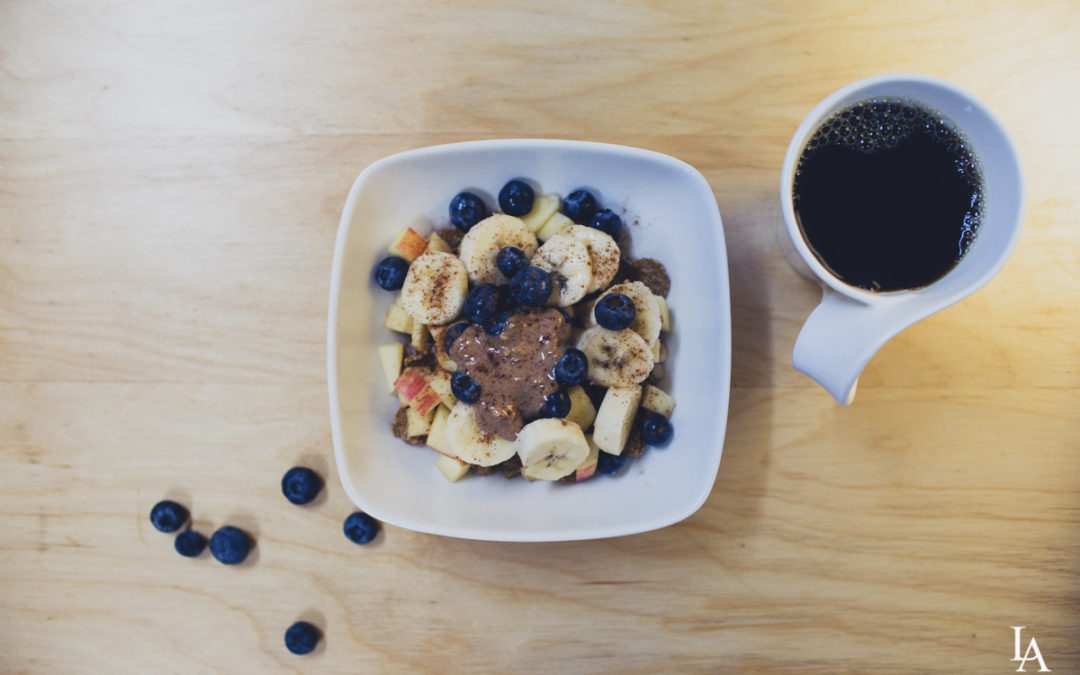Why Peanut Butter Is The Best
One of the world’s most popular spreads!
- It tastes delicious
- It sticks to the roof of your mouth before it melts and tastes wonderful.
- Can eat it with lots of other foods
What Is Peanut Butter?
Peanut butter is mostly unprocessed food.
It’s basically just peanuts, often roasted, that are ground into a paste.
However, this doesn’t apply to many commercial brands of peanut butter that contain various added ingredients, such as sugar, vegetable oils, and even trans fat.
Eating too much added sugar and trans fat has been linked to various health problems, such as heart disease. Make sure and pick the brands that one ingredient….peanuts.
Rather than buying junk food, choose real peanut butter. It should contain nothing but peanuts and maybe a bit of salt.
For all purposes, the health effects of regular peanuts should be almost identical to those of peanut butter since it’s essentially just ground peanuts.
Peanut butter is not for everyone. If you are allergic there are a lot of nut butter alternatives.
- Almond butter
- Cashew butter
- Sunflower butter
- Pecan butter
- Pistachio butter
- Hazelnut butter
It’s a Good Protein Source
Peanut butter is a fairly balanced energy source that supplies all of the three macronutrients. A 100g portion of peanut butter contains:
- Carbohydrate: 20 grams of carbs (13% of calories), 6 of which are fiber.
- Protein: 25 grams of protein (15% of calories), which is quite a lot compared to most other plant foods.
- Fat: 50 grams of fat, totaling about 72% of calories.
Even though peanut butter is fairly protein rich, it’s low in the essential amino acid methionine.
Peanuts belong to the legume family, which also includes beans, peas, and lentils. Legume protein is much lower in methionine and cysteine compared to animal protein.
Peanut butter is comprised of about 25% protein, making it an excellent plant-based protein source. However, it is low in the essential amino acid methionine.
Low in Carbs
Pure peanut butter contains only 20% carbs, making it suitable for a low-carb diet.
It also causes a very low rise in blood sugar and is a perfect option for people with type 2 diabetes. Peanuts are low in carbs and suitable for people with type 2 diabetes or those following a low-carb diet.
High in Healthy Fats
Since peanut butter is very high in fat, a 100-gram portion contains a hefty dose of 588 calories.
Despite their high-calorie content, eating moderate amounts of pure peanut butter or whole peanuts is perfectly fine on a weight-loss diet.
Half of the fat in peanut butter is made up of oleic acid, a healthy type of monounsaturated fat also found in high amounts in olive oil.
Oleic acid has been linked to several health benefits, such as improved insulin sensitivity.
Pure peanut butter is a good source of healthy fats. While some people have been worried about its omega-6 linoleic acid content, limited evidence justifies their concerns.
Peanut Butter Is Fairly Rich in Vitamins and Minerals
Peanut butter is fairly nutritious. A 100-gram portion of peanut butter provides many vitamins and minerals:
- Vitamin E: 45% of the RDA
- Vitamin B3 (Niacin): 67% of the RDA
- Vitamin B6: 27% of the RDA
- Folate: 18% of the RDA
- Magnesium: 39% of the RDA
- Copper: 24% of the RDA
- Manganese: 73% of the RDA
It is also high in biotin and contains decent amounts of vitamin B5, iron, potassium, zinc and selenium.
It’s Rich in Antioxidants
Like most real foods, peanut butter contains more than just the basic vitamins and minerals. It also contains plenty of other biologically active nutrients, which can have some health benefits.
Peanut butter is rich in antioxidants, including p-coumarin and resveratrol. These plant compounds have been linked to various health benefits in animals.
7 different ways to eat peanut butter
- Peanut butter and bananas
- Peanut butter and apples
- Ant on a log (celery)
- Peanut butter stir fry
- Peanut butter and yogurt
- Peanut butter on a granola bar
- Peanut butter with a SPOON

